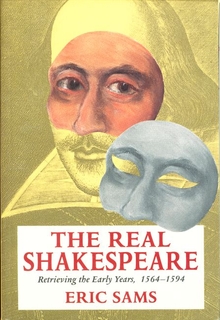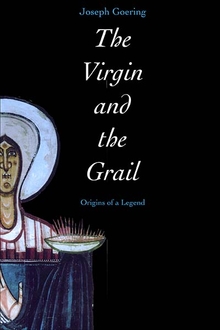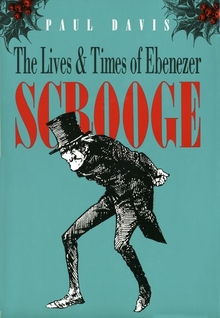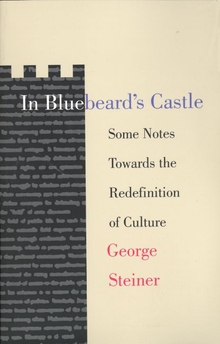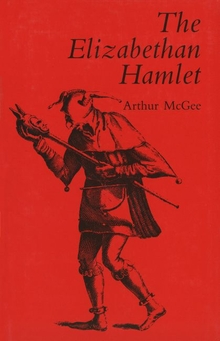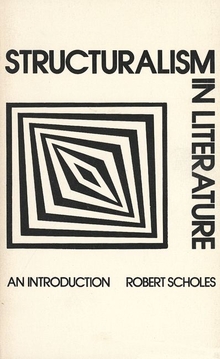The Real Shakespeare
WARNING
You are viewing an older version of the Yalebooks website. Please visit out new website with more updated information and a better user experience: https://www.yalebooks.com
Retrieving the Early Years, 1564-1594
Eric Sams
Drawing on testimony from Shakespeare's contemporaries and on documents concerning his family, Sams presents a vivid biographical picture of the first thirty years of the playwright's life. He establishes that Shakespeare's origins were humble: his parents were illiterate Catholics and the family trade was farming and animal husbandry. During this period Shakespeare acquired some knowledge of legal practice, served as the legal hand in an attorney's office, married, and moved to London to join a theatre company and to establish a career as an actor and playwright. Sams traces the impact of Shakespeare's upbringing in the plays themselves—not only those of the Folio edition but others, including the "bad" quartos. He finds that these texts are filled with figurative language that would have been gleaned from a rural upbringing and legal experience. Using detailed textual analysis, he argues compellingly that during these early "lost" years, Shakespeare was in fact writing first versions of his later great works.
"In this richly layered and meticulously researched account of the first 30 years of Shakespeare's life, Sams reveals flaws in conventional scholarship. . . . The text of this scholarly but complicated study . . . shows the gulf between what we have taken previously as gospel and what in fact is documented evidence."—Richard Edmonds, Birmingham Post
"Sams normalises Shakespeare and the effect is at once to exalt his genius and to explain its popular appeal."—Stephen Logan, The Times
"This book is sure to provoke heated debate in academic circles; the general reader will be fascinated, too."—Library Journal
"This is a handsome book to see and hold, with a striking jacket design. . . . It takes a common-sense, orderly look at the evidence and presents it dispassionately. It is a collation of great intellectual skill. As a contribution to the biographical school of Shakespearean criticism, it is invaluable."—John Idris Jones, The New Welsh Review
"Fascinating reading . . . [Sams] challenges various assumptions about Shakespeare that have gained credence over the centuries. . . . [The book] begins a new chapter in Shakespeare studies."—Hamlet Studies
"The book is well worth reading, for it really does set out a common-sense perspective of a stage-struck self-educated young spark ebulliently aware of his own talent and striving every which-way to fulfill it."—John Arden, Times Educational Supplement
"There is much to recommend Eric Sam's survey of the first 30 years of Shakespeare's life, 1564 to 1594."—A.L. Rowse, The Daily Telegraph
"In this thrillingly contentious book . . . some of Sam's arguments are powerful, and some of his conclusions strike a highly plausible note. Having stated his reasons and quoted the documents, he invites his reader's frank evaluation of both. . . . Could he after all have succeeded in nudging us closer to the real Shakespeare?"—A.C. Grayling, Financial Times
"There is much here that deserves serious scholarly attention."—Ann Thompson, The Times Higher Education Supplement
"There is much of value in [this book], notably an exceptionally useful list of documentary records of Shakespeare and his family up to 1594."—Jonathan Bate, The Sunday Telegraph
"An exhilarating read. . . . The tone is brisk, forceful, even light-hearted, the cross-referencing very thorough; and there is a cascade of incidental information to enrich the ordinary man's reading of the works."—Mervyn Horder, Contemporary Review
"Sams presents the best-argued rebuttal that I have read of the theory that actors could recreate certain texts that we have by any kind of memorial reconstruction."—Maurice Hunt, The Shakespeare Newsletter
"The Real Shakespeare maps out with admirable conclusion the great black hole of English literary history: the whereabouts and circumstances of Shakespeare prior to the first documentation of him in London in the early 1590s. If Sams is right, a number of airily dismissed 'bad quartos' and 'memorial reconstructions' will have to be reconsidered as Shakespearean prentice-work."—Charles Nicholl, The Independent
"This is a stunning book. Eric Sams is proposing nothing less than a sweeping revision of the way we view Shakespeare's early career. . . . The implications of Sam's argument are mind-boggling. . . . Sams has opened up for us a brave new world, indeed."—John J. Burke, Jr., South Atlantic Review
Publication Date: October 20, 1997

